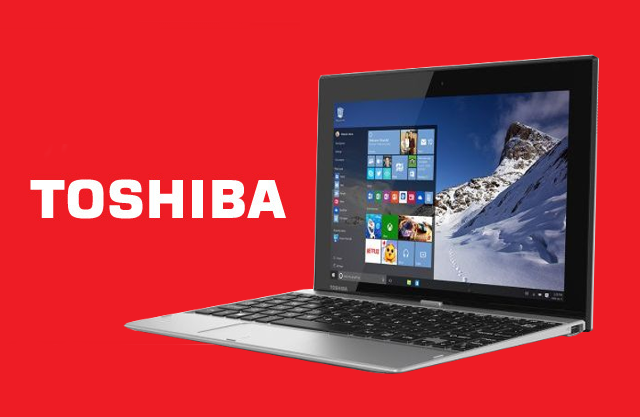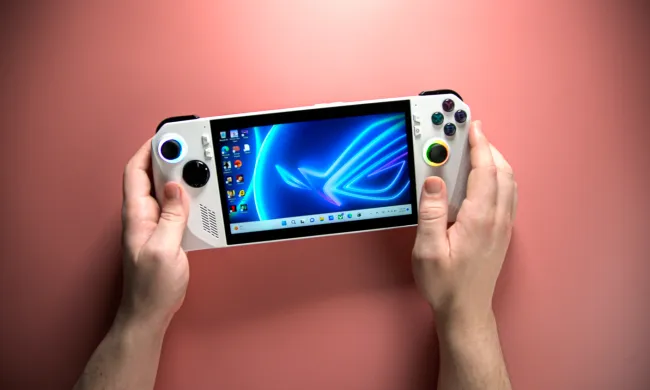
Toshiba is prepping the Satellite Click 10, a 10-inch hybrid device that looks set to offer some stiff competition to the flagship Surface 3. While Microsoft’s device has Toshiba’s offering beat in terms of screen size and processor power, the difference between the two devices might be offset by a noteworthy price differential.
A Surface 3 retails for $499.99, whereas the Click 10 will be priced at $449.99, according to a report from Liliputing. That might not sound like too much of a gulf, but the latter includes a keyboard dock, whereas the official Surface 3 Type Cover from Microsoft will cost an extra $129.99 on top of the device itself.
Much of the Surface’s success as a hybrid device has come from the fact that it is typically used in conjunction with the keyboard accessory. The peripheral is key to recreating a familiar computing experience on a tablet-like device, but the extra cost that it adds to the asking price of the Surface has led to third-party alternatives being offered up.
Toshiba’s Click 10 is priced to give the device its best opportunity to take a stab at the Surface’s marketshare, but its success or failure will rest on whether it can stand up as a hybrid. It’s not easy to combine the best parts of a tablet and a laptop, and at this point, Microsoft’s Surface certainly seems like the device to beat.


